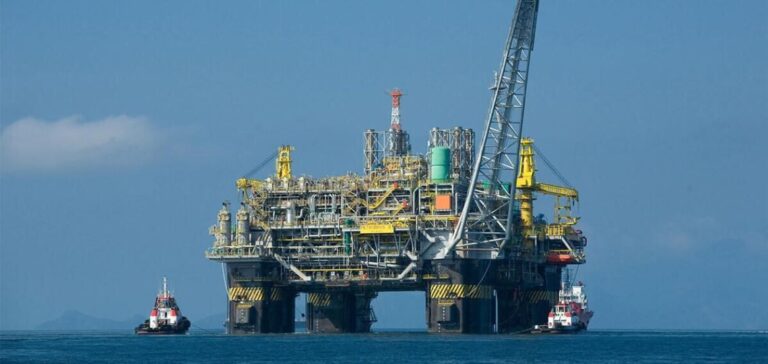Senegal, now an oil producer and poised to exploit its natural gas, is stepping up its efforts to secure more advantageous contractual terms.
Under the leadership of Prime Minister Ousmane Sonko, a commission of experts has been set up to review current agreements signed with multinationals.
The group is made up of oil, tax and economic specialists from the Senegalese administration.
Their mission: to review existing agreements and identify clauses that do not serve the country’s strategic interests.
This review comes at a time when the country launched oil production in June at the Sangomar field, where Woodside Energy operates, and is preparing to start operating the Grand Tortue/Ahmeyim (GTA) field in the second quarter of 2024, in partnership with BP and Kosmos Energy.
The government’s stated aim is clear: to maximize the economic benefits of these resources for national development.
A rigorous approach for tangible results
The commission is adopting a methodical approach, based on an in-depth legal analysis of existing contracts.
The aim is to rebalance the terms of these agreements so that they better reflect Senegal’s interests.
In particular, the experts are focusing on the financial aspects, the obligations of the parties involved, and the operating conditions.
This rigorous approach aims to establish a more balanced relationship with foreign partners, while ensuring the efficient and beneficial exploitation of the country’s natural resources.
The context in which this commission operates is complex.
The global energy sector is constantly evolving, and international companies such as BP and Kosmos Energy are having to adapt to Senegal’s new requirements.
Revising contracts could entail significant adjustments to current operations, but is seen as a necessary step to ensure better protection of national interests.
Outlook for Senegal’s energy sector
The results of this renegotiation will have important implications for Senegal’s energy sector.
By adjusting contract terms, the government seeks to ensure that the benefits derived from oil and gas resources are optimized to support the country’s economic development.
This process could also reinforce Senegal’s position as a key player in the African energy sector.
The companies involved will probably have to adjust their strategies to meet the new conditions imposed by the Senegalese government.
The success of these renegotiations could have a domino effect in Africa, prompting other producing countries to reassess their own agreements with multinationals.





















